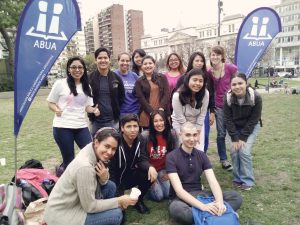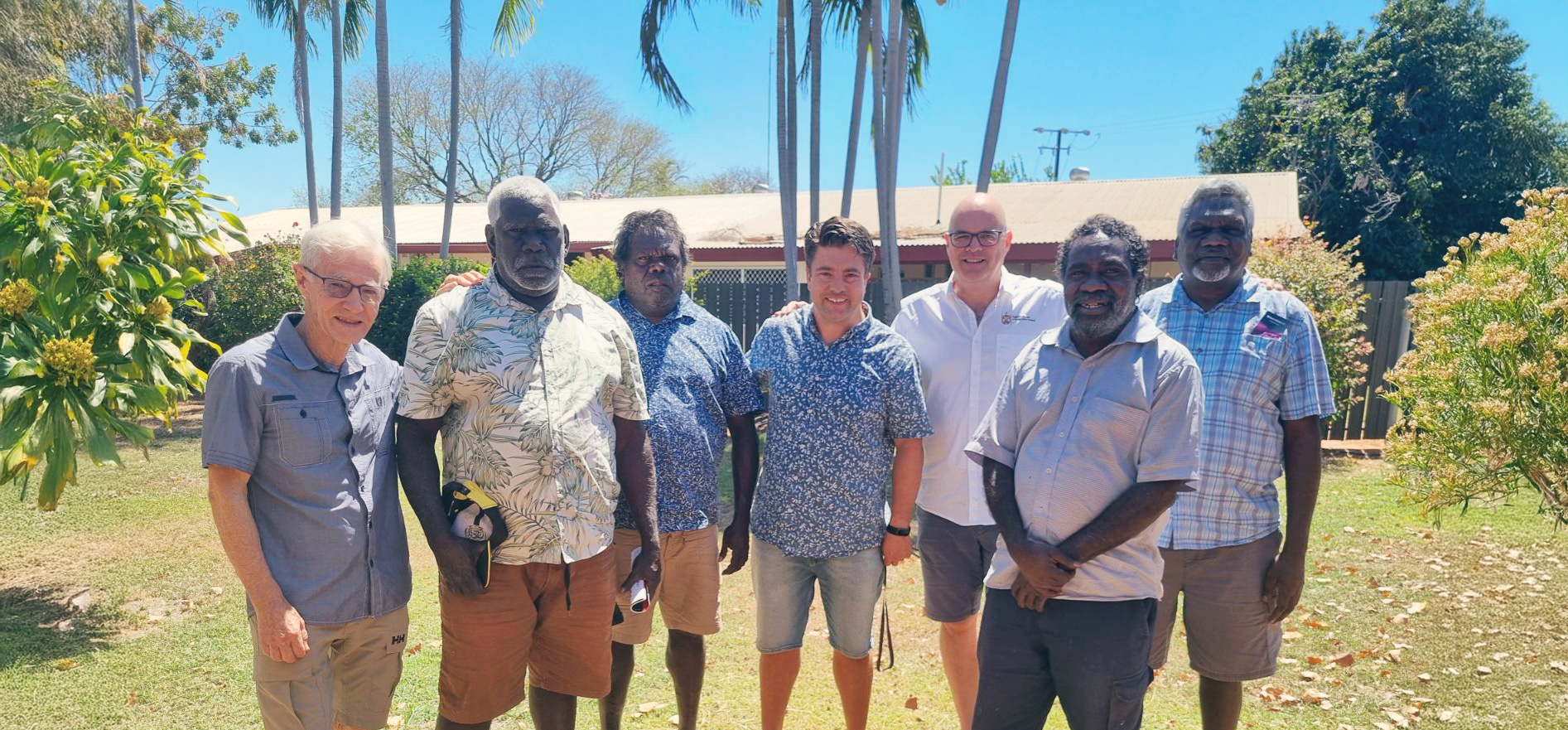Communicating ‘righteousness’
CMS missionary Peter Blowes, serving with Terry in Argentina, takes us deep into an important challenge: to speak rightly about ‘righteousness’, in Spanish. How does he navigate the problem?
Speaking naturally in a second language is not easy. For me, a ‘plodding’ Spanish speaker, my friends tell me it took six years—plus a community course in radio elocution—before my tongue ‘loosened up’ in Spanish.
This matters in day-to-day life. But it really matters when it comes to basic words we find in the Bible, and my attempts to talk about them in Spanish.
Consider some concrete examples. In Spanish we have no direct translation of big Bible words like ‘righteous’, ‘atonement’, or ‘godliness’. Spanish words for ‘worship’ and ‘fellowship’ aren’t quite the same as in English. Similarly, the word ‘reconcile’, translated into Spanish, can mean something close to the English, but not the same. This is just a small insight into how thoughtful Bible discussion involving me—a native English speaker talking to Argentinian friends—can be challenging.
My Bible discussions are further complicated because the Bible was originally written in Hebrew and Greek, with a smattering of other languages tossed in. So, I am trying to translate words from old languages, and working to speak plainly in Spanish to brothers and sisters who have their own cultural and linguistic notions of what I am saying.
The meaning of ‘righteousness’ in English—and Spanish
A brief article is not going to do full justice to these problems. But let’s spend some time considering a basic Bible idea: ‘righteousness’.
‘Righteousness’ in the Bible is at heart a legal idea, relating to the justice system. If someone is ‘righteous’ or ‘justified’ in God’s sight, then God is declaring that this person (legally speaking) is ‘not guilty’ of their sin, because, at the cross, Jesus has taken the legal punishment they deserved.1 So far, so good.
But what does ‘justice’ mean to my Spanish-speaking friends who may come from a leftist, populist world with a history of inequity, inequality, abuse and corruption? (Remember also they do not have the word ‘righteous’).
Linguistically and culturally, my Aussie English background is irrelevant to that. What’s more, my English Bible is irrelevant! They have a perfectly good Spanish Bible, translated from the Greek and Hebrew by some of the earliest Protestant Reformers.
The important question becomes: what does the Bible itself mean by ‘justice’ or ‘righteousness’?
That’s where I really must get to work. I need to investigate the sense of the Biblical terminology in original languages, in its own context, before I can add much light to my conversations in Spanish. Then I need to work on understanding what my Spanish-speaking audience is hearing by my words.

ABUA university group.
Communicating more precisely
So I can communicate more precisely in Spanish, I have started to qualify the sense of the word ‘justice’ that I am using. I now speak of God’s merciful justice, or his retributive justice, or his patient justice. Without doing this clarifying work, often in advance of a conversation, then what I say, what the Bible says, and what my hearers hear may be different things. We can use the same words with different meanings.
Language over the long-term
So what does that mean for the mission of CMS? I hope you can see one of the key reasons why CMS is committed to long-term missionary service, and thorough preparation that includes understanding language. Even with many experiences behind me, it has still taken over 30 years to get to this point and find some ways forward in my understanding and teaching. I still have far to go.
As is sometimes said, the more you know, the more you realise you don’t know. And so we all need to read and teach the Bible carefully—an even greater task for those who teach cross-culturally. Are you up for the challenge—either as a cross-cultural worker or someone who supports others in this work?

CARE
CMS is committed to teaching Biblical truth in a way that honours God and makes sense to those who hear, seeking to find ways to support our missionaries in their long-term learning on location. What steps could you take to help CMS missionaries remain on location?













































































































